
Ask Dr Joseph
Seed Your Future
WE ARE DECIDING TOMORROW’S FUTURE TODAY
IN A WORLD WHERE CLIMATE CHANGE IS NO LONGER A DISTANT THREAT BUT A TANGIBLE REALITY, THE IMPORTANCE OF BIODIVERSITY IS BECOMING EVER MORE APPARENT. HABITATS ARE DISAPPEARING, SPECIES ARE DWINDLING, TIME IS OF THE ESSENCE. BUT THIS CRISIS ALSO PRESENTS AN OPPORTUNITY: TO RESTORE OUR ECOLOGICAL BALANCE THROUGH CONCRETE, COLLECTIVE ACTION.
That is why we have launched the Seed Your Future project. A project committed to a future of biodiversity and respect for nature. While many people do not realize how important nature and the animals that live in it are to us, it is the small and often forgotten creatures such as insects that are essential to life on Earth – and therefore to our own existence. They make a significant contribution to biodiversity and help keep the ecosystem in balance.
With our Seed Your Future seed mixes, we also offer you the opportunity to support biodiversity and insects by working together to create a flowering, species-rich meadow that provides a new home for thousands of bees, butterflies and other insects. These flowering landscapes are not only an important source of food for their animal inhabitants, but also a visual treat for us humans: Lively, colorful, and full of beauty.
A paradise for biodiversity
An important step in attracting insects is to provide them with shelter and a variety of flowering plants for pollination.
We have taken this need into account with the Seed Your Future seed mix. The mix consists of a variety of plant and seed species, including wild perennials and annuals. Together we can create a thriving garden paradise that supports the beauty and diversity of nature. Join us in transforming your garden into an oasis of biodiversity!


3 steps to a blooming paradise
- Sow the seeds thinly on 3-5 square meters in wet weather from March to May. Choose a spot with light and well-drained soil.
- Press the seeds down lightly to protect them from the wind.
- Water especially in the growing phase and during dry periods (do not use fertilizer).
From May/June until the first frost in October/November, you can then enjoy the splendor of the flowers. Don’t forget to collect some seeds in the fall to give to your loved ones.

Tips for your own garden
- Turn part of your lawn into a flower meadow.
- Choose plants that naturally provide pollen instead of specially bred flowers.
- Choose plants that are native to your area.
- Leave uncultivated areas for wild plants.
- Keep your garden a little “messier” to provide habitat for insects and birds.
- Use fewer artificial fertilizers and pesticides and rely instead on compost and natural methods to control pests. Chemicals harm insects by disrupting their orientation and reproduction and shortening their lives. They are also difficult to break down, accumulate in the food chain and can endanger human health.


For more diversity
Today’s agricultural landscape is dominated by monocultures, where only one type of crop is grown on large tracts of land. While this practice increases efficiency and yields in the short term, it leads to numerous problems in the long term: Soil degradation, increased pest infestation, and dependence on artificial fertilizers and pesticides. Monocultures play with fire, deplete natural resources, reduce biodiversity, and pollute the environment.
Biodiversity, on the other hand, is the diversity of life in all its forms, sizes and complexity. It promotes healthy soils, naturally regulates pests and diseases, supports the water balance and contributes to climate protection by storing carbon. It creates healthy food cycles by building fertile soils and habitats for insects. Insects convert waste into humus, keeping the soil clean. They also pollinate billions of plants that depend on insects for reproduction.
At a time when the challenges of climate change, soil erosion and species extinction are becoming more tangible, supporting biodiversity is more important than ever. By investing in biodiversity, we invest in the health of our planet and in our own well-being.


OUR RECOMMENDATIONS FOR YOU
5 min

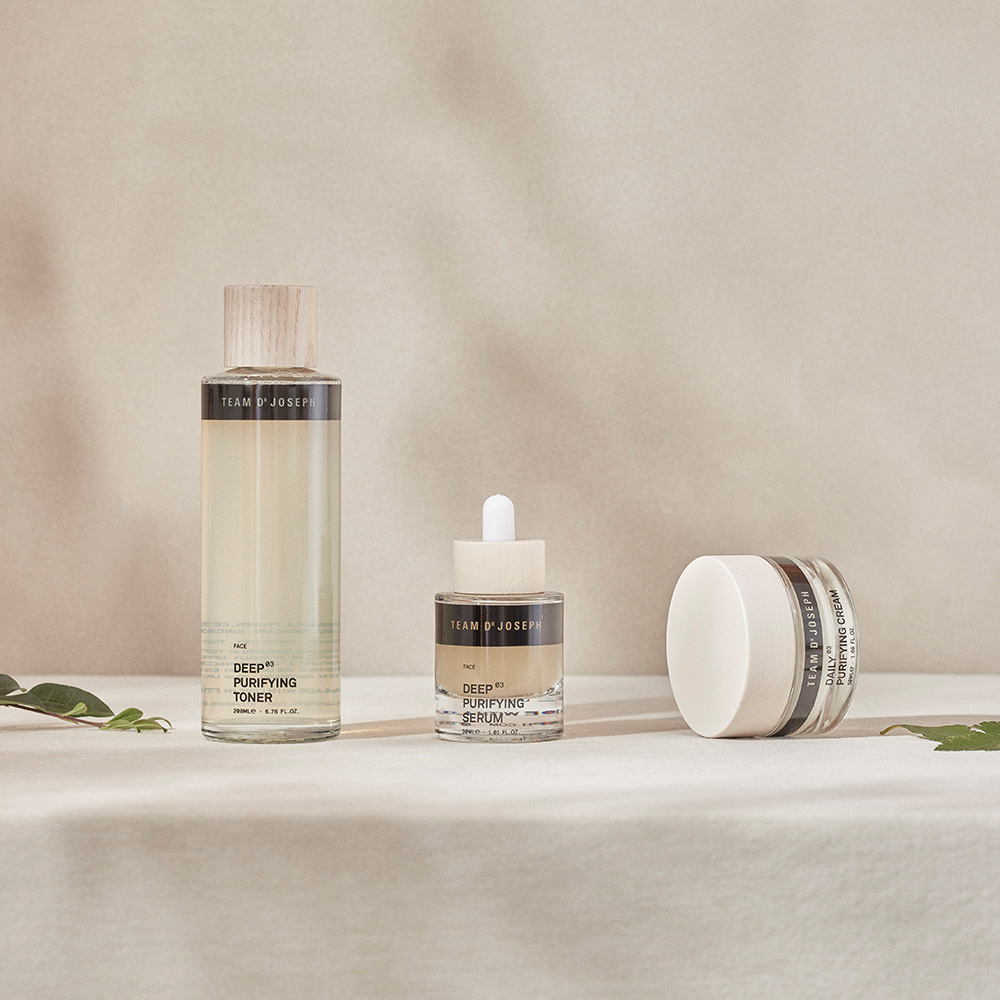
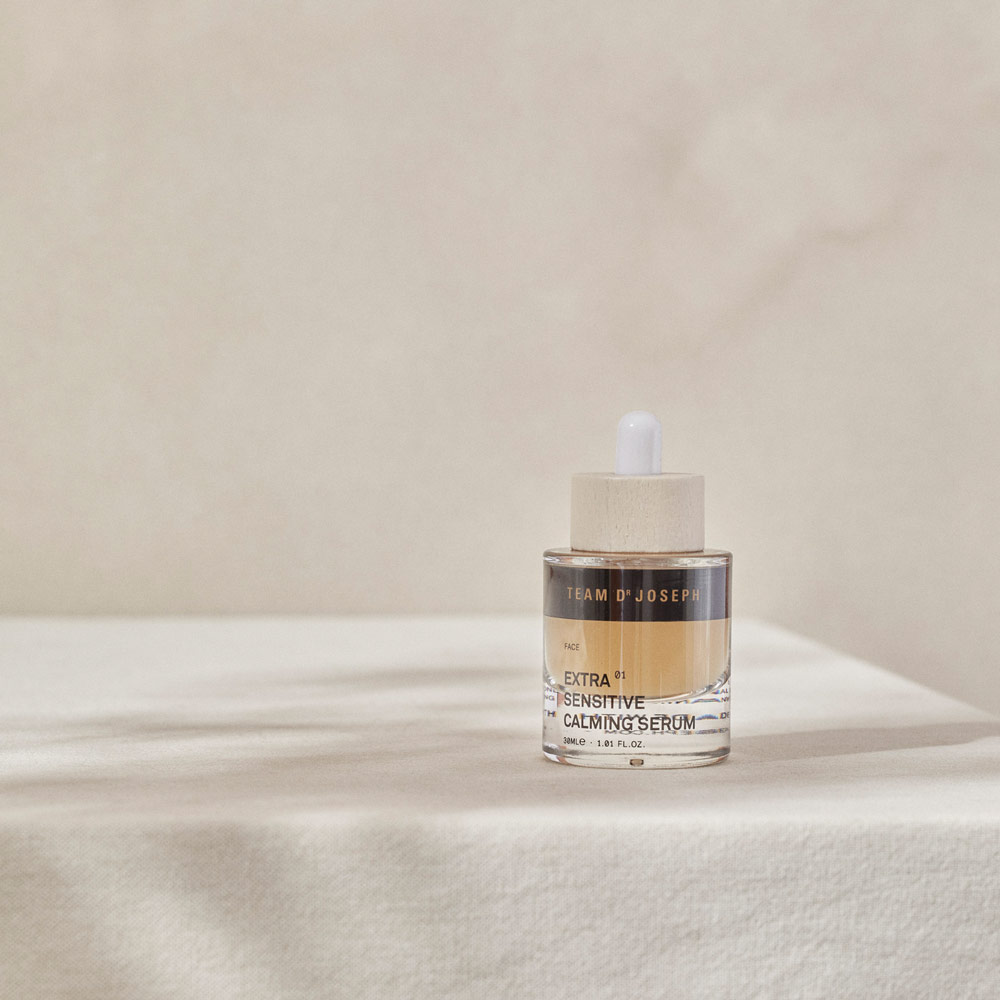
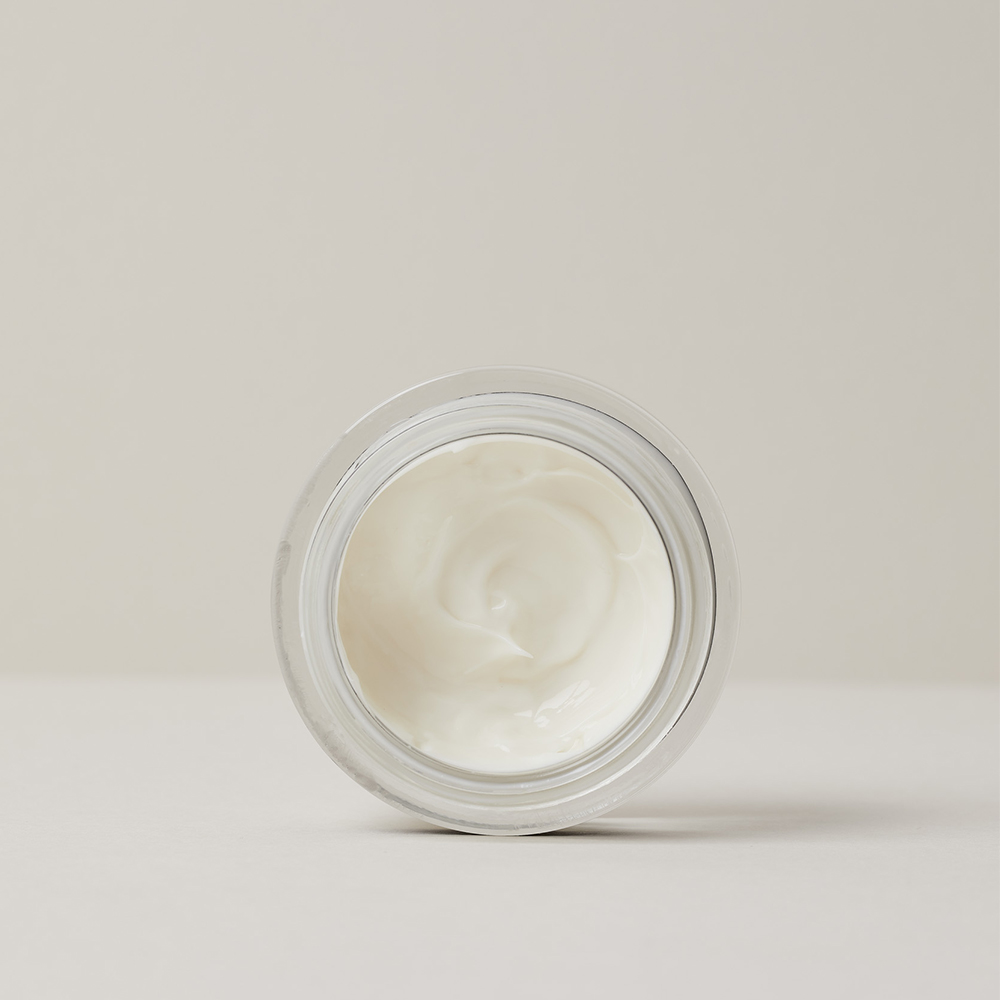
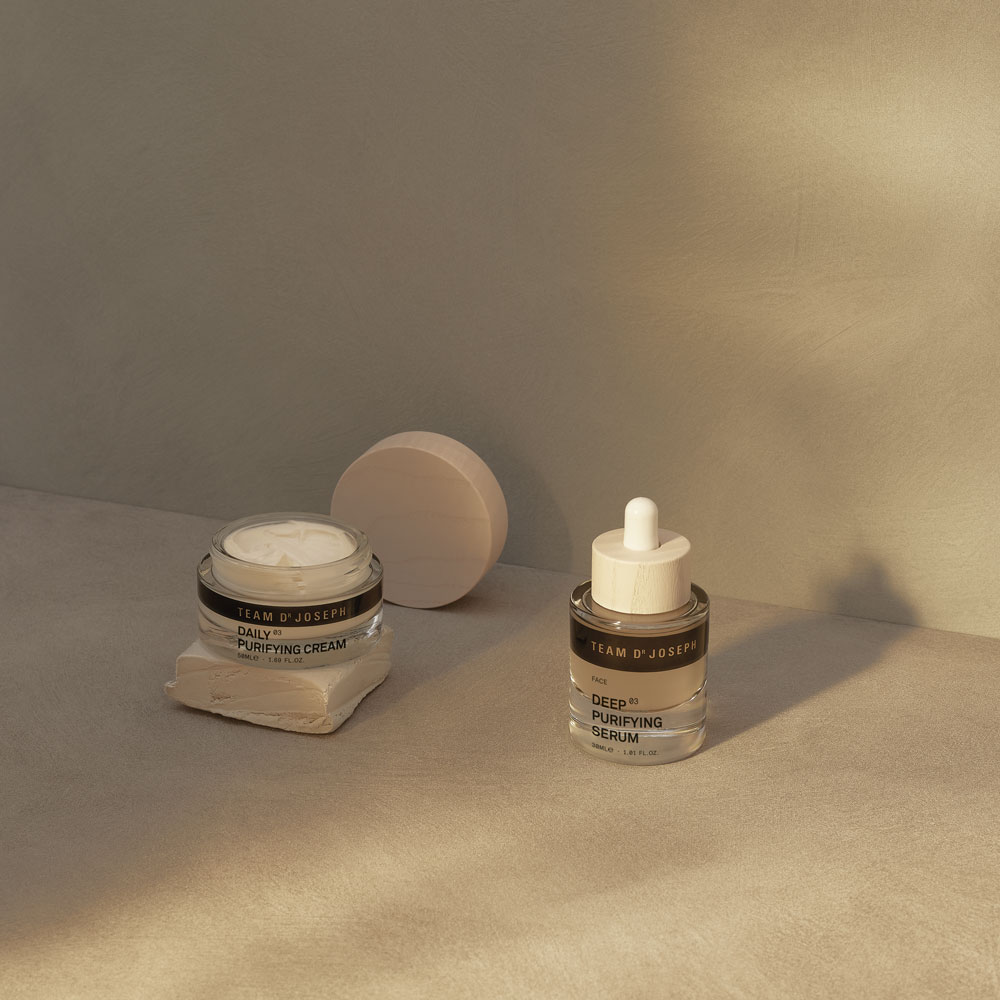
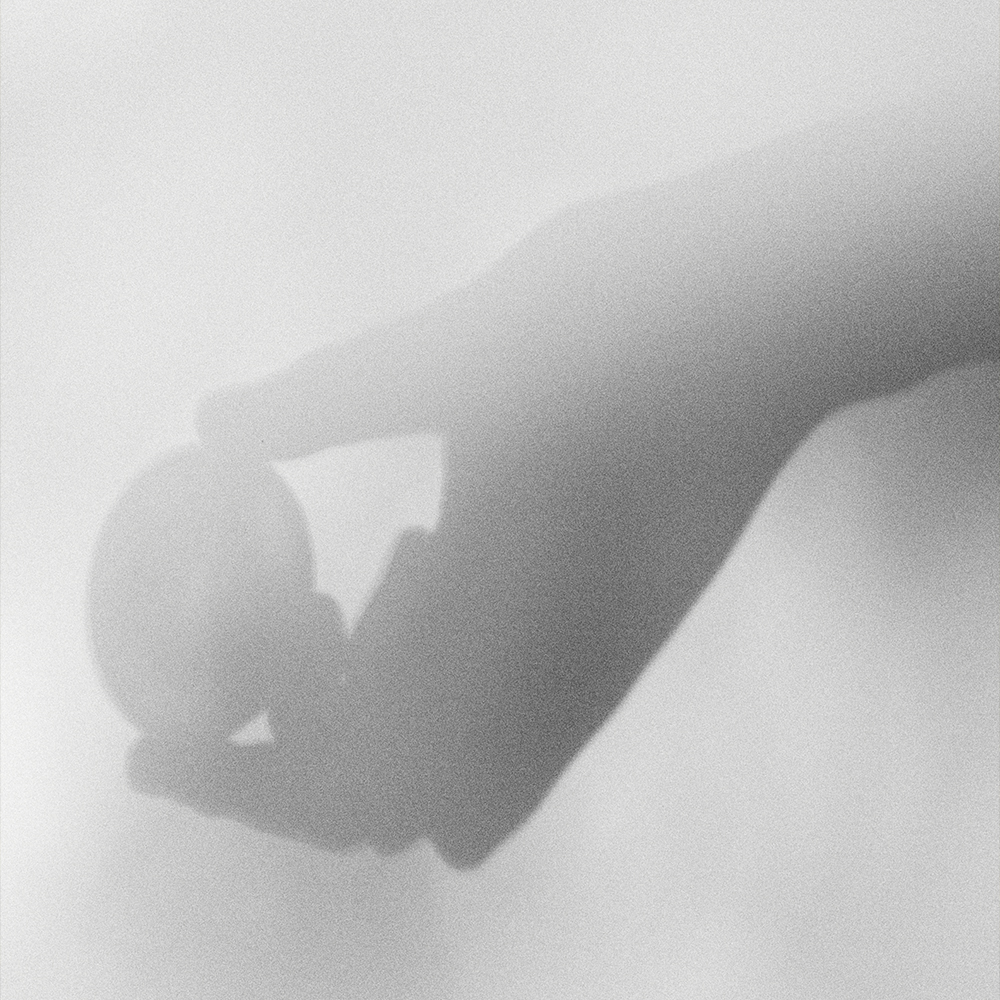
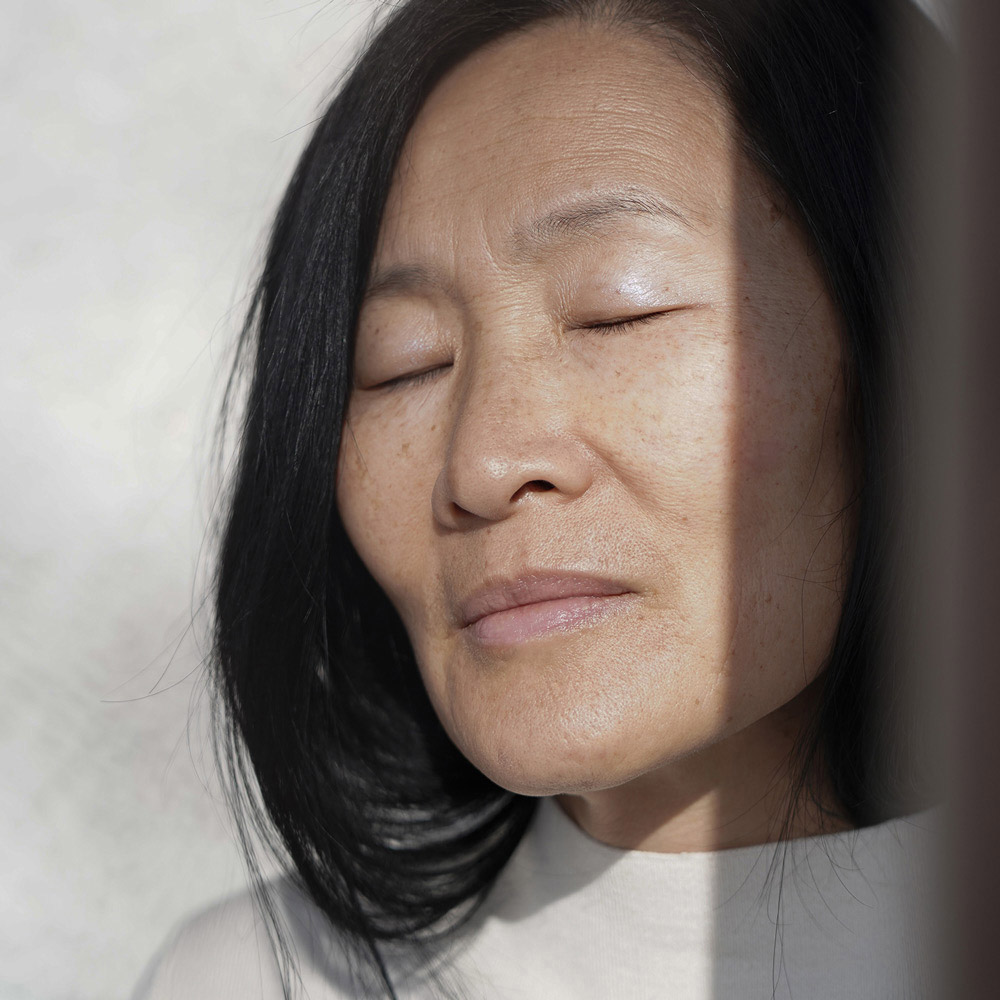

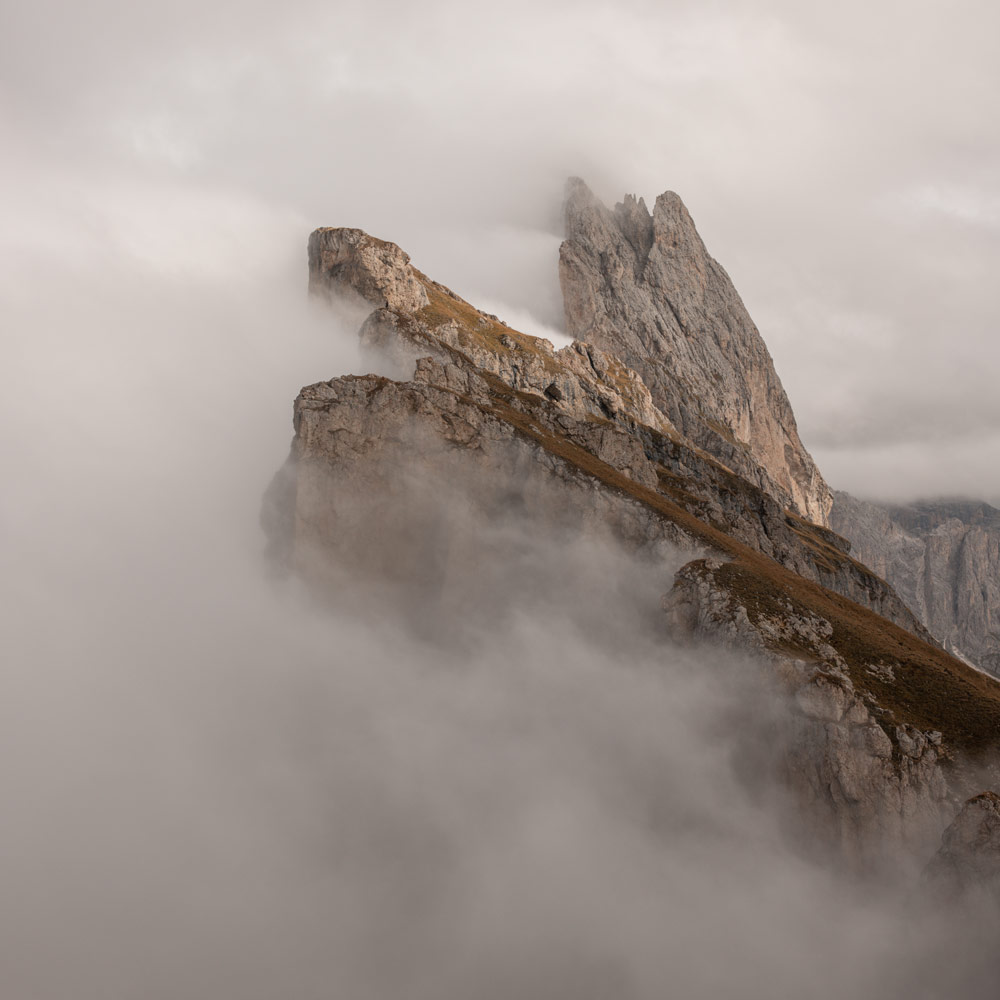
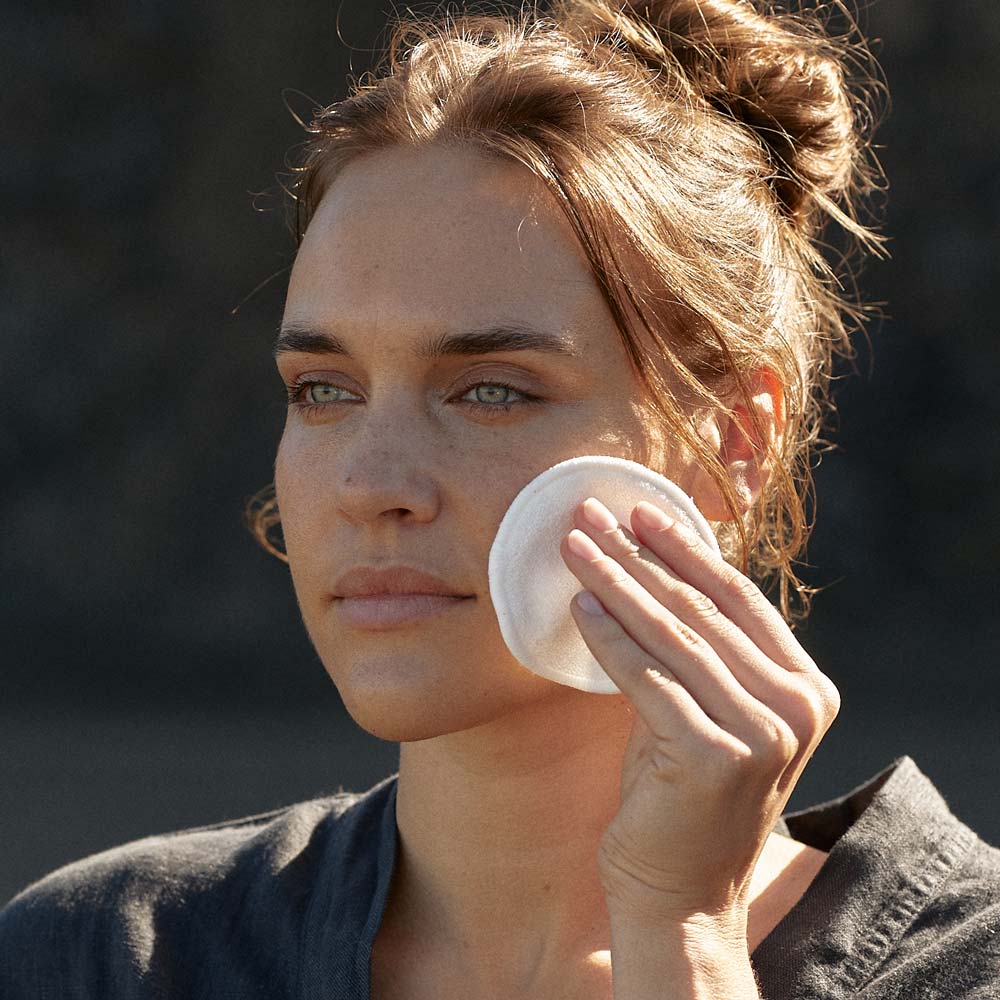

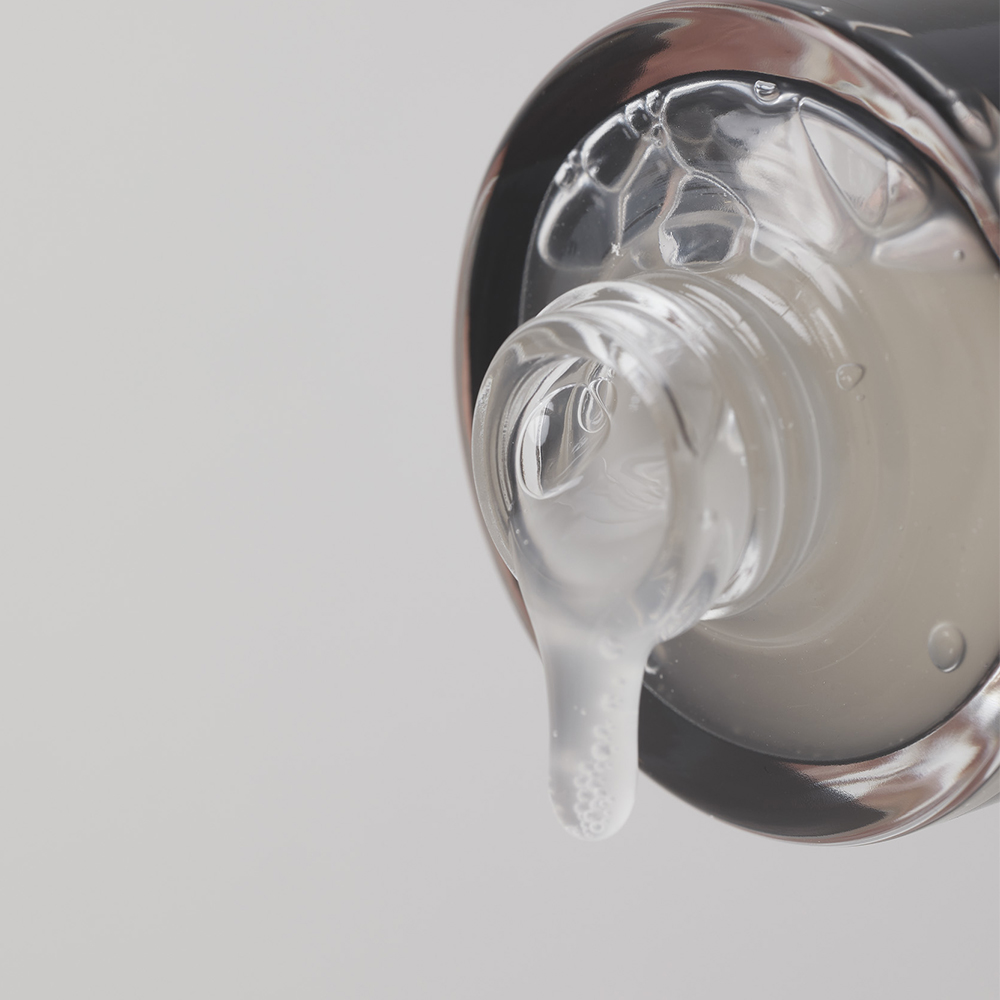
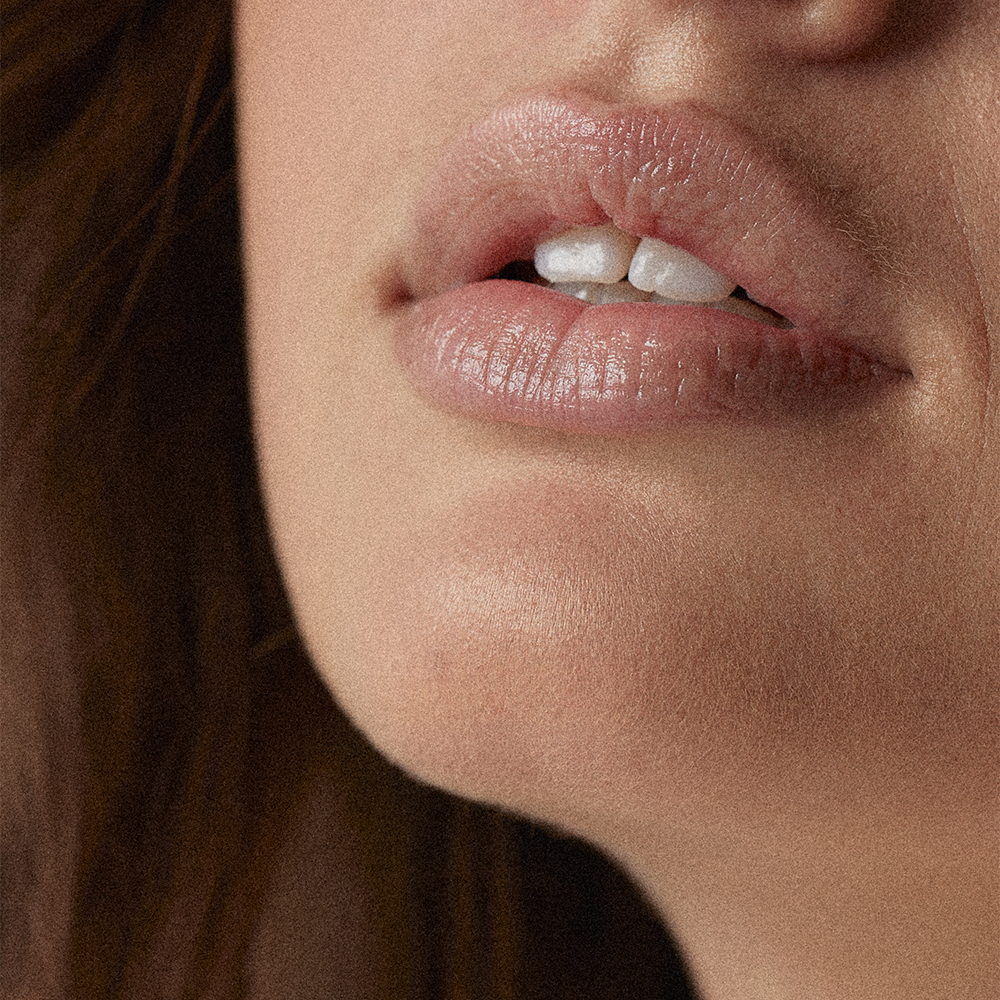
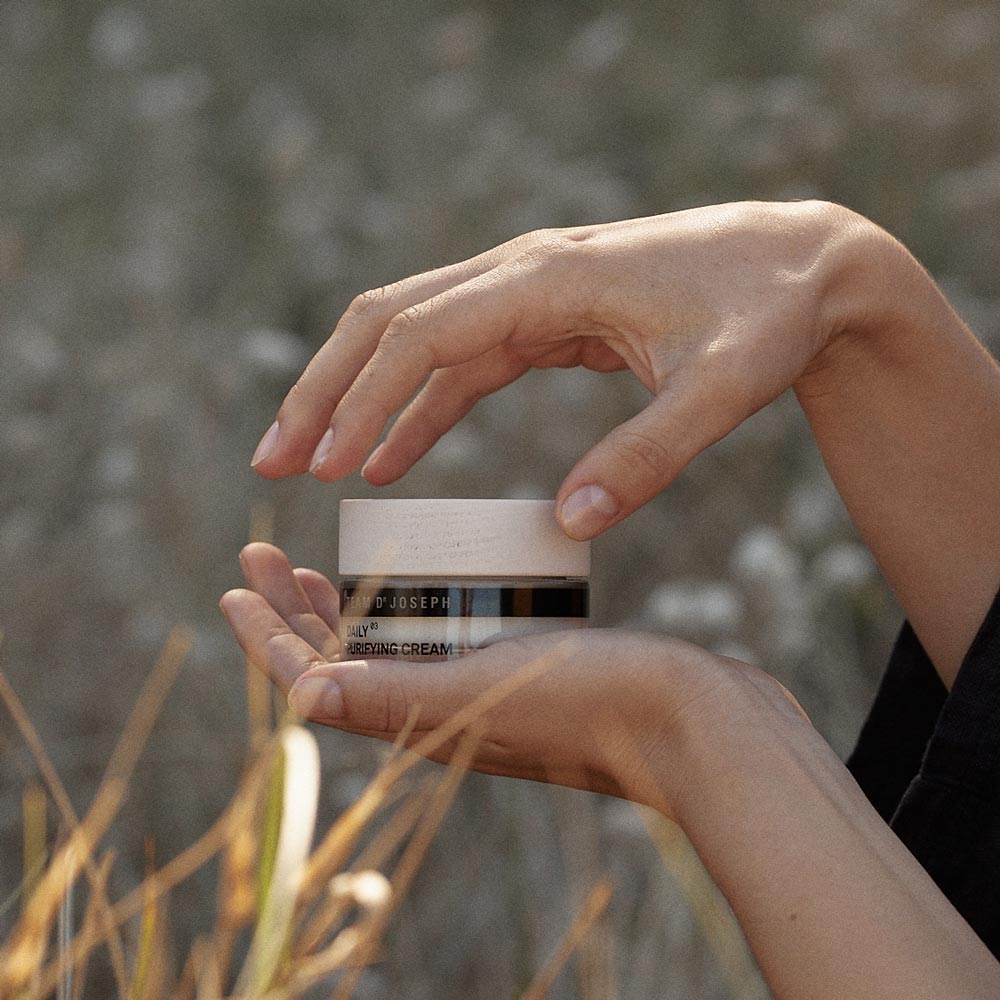



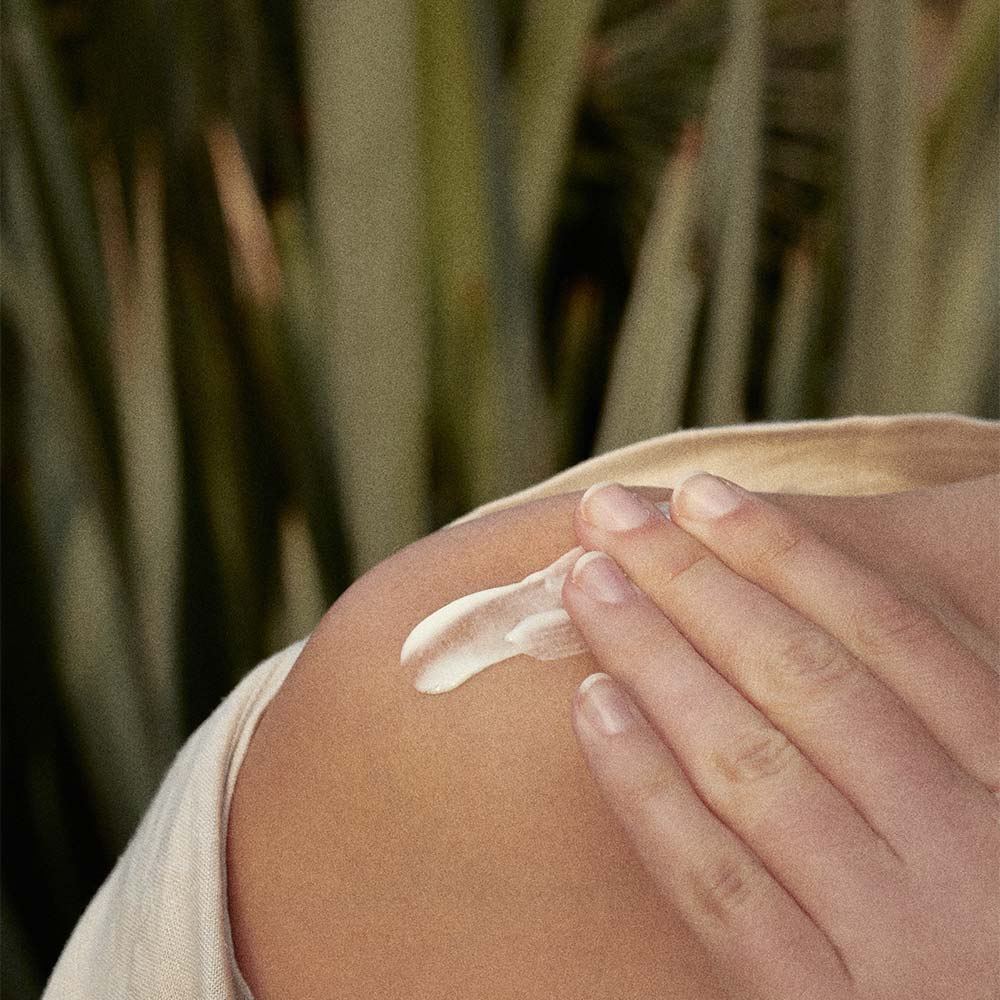
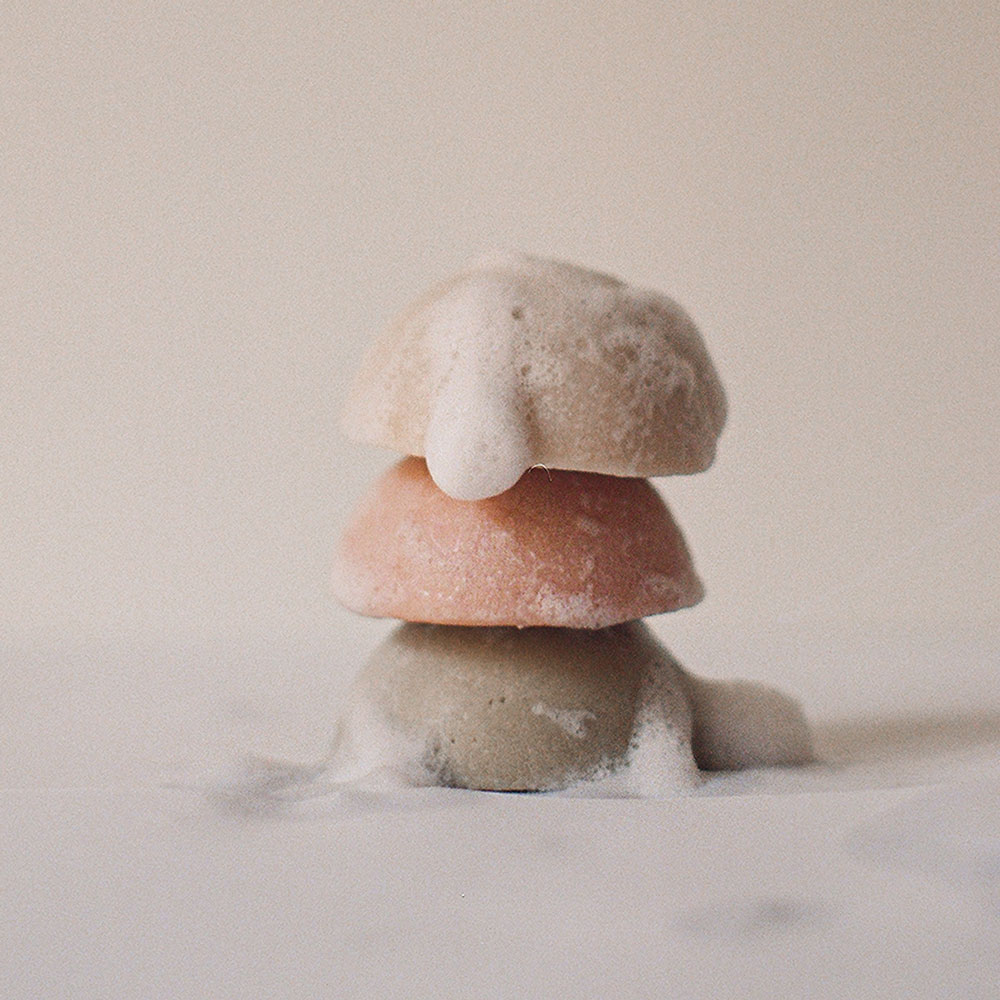
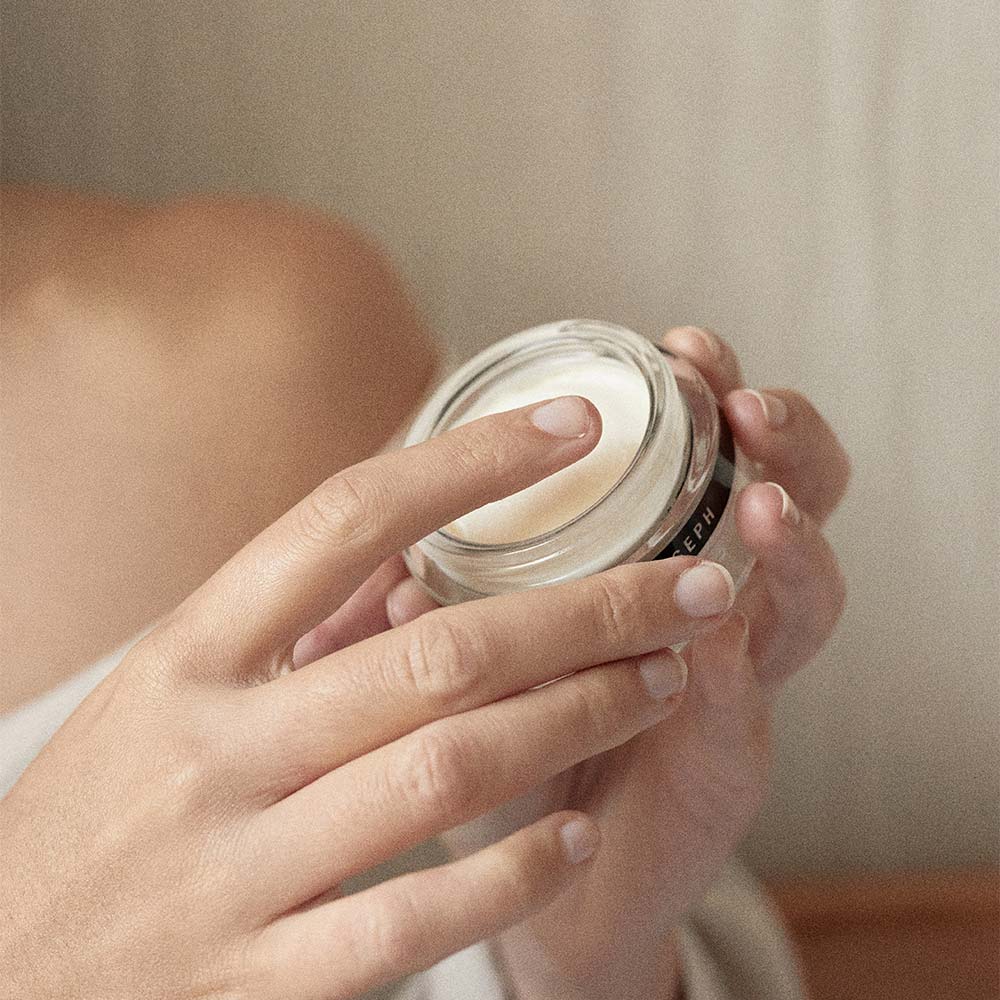


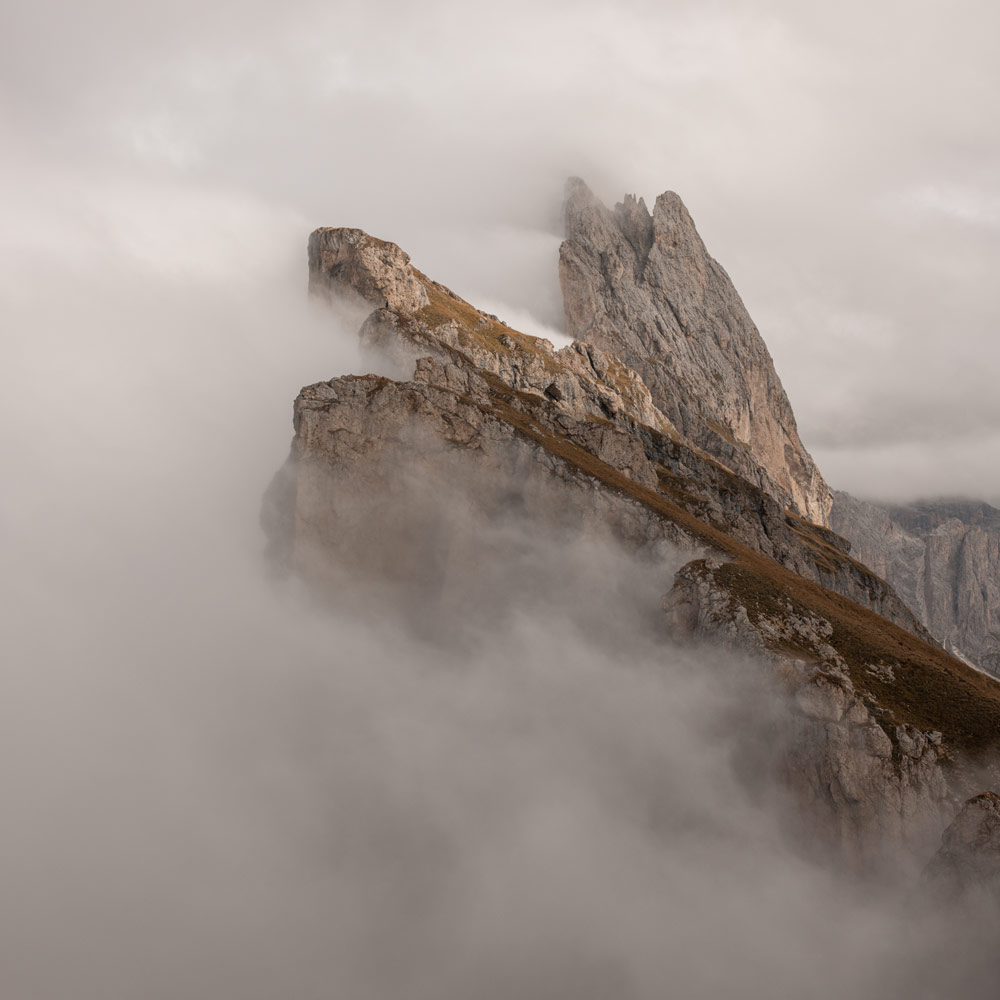
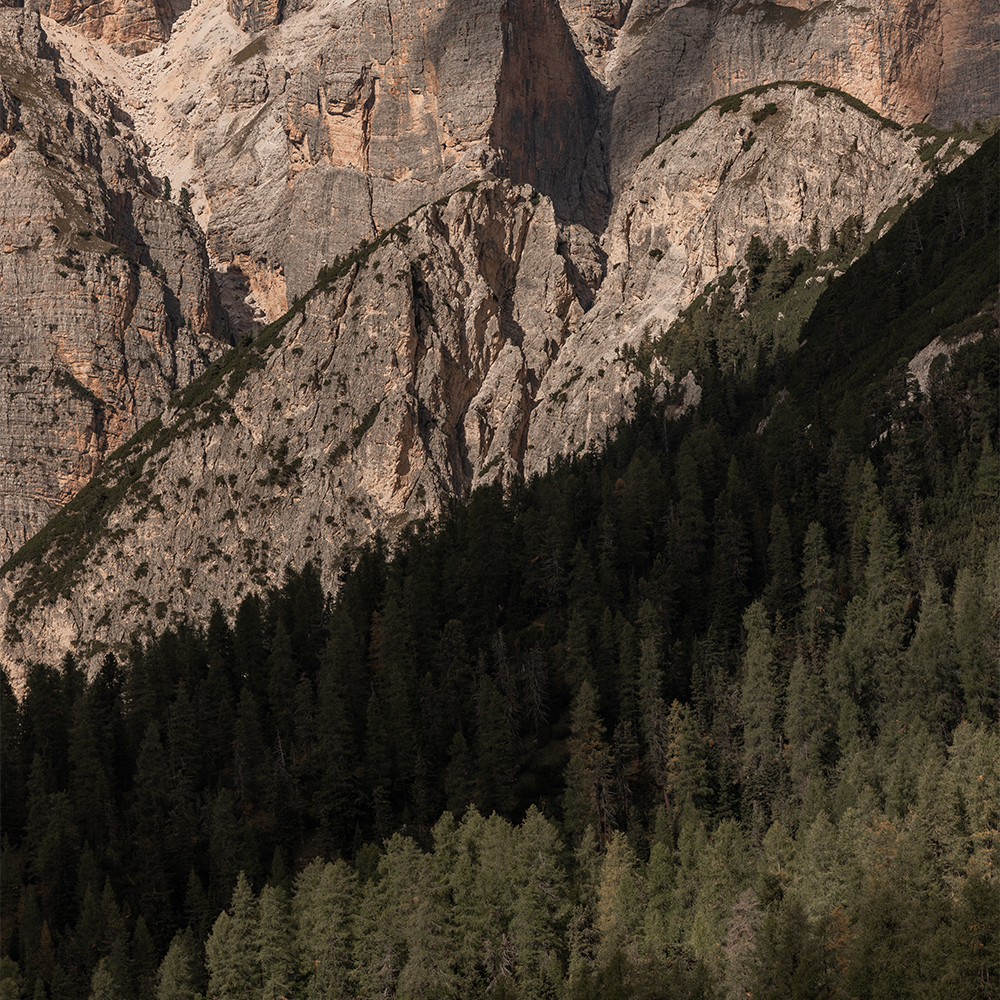

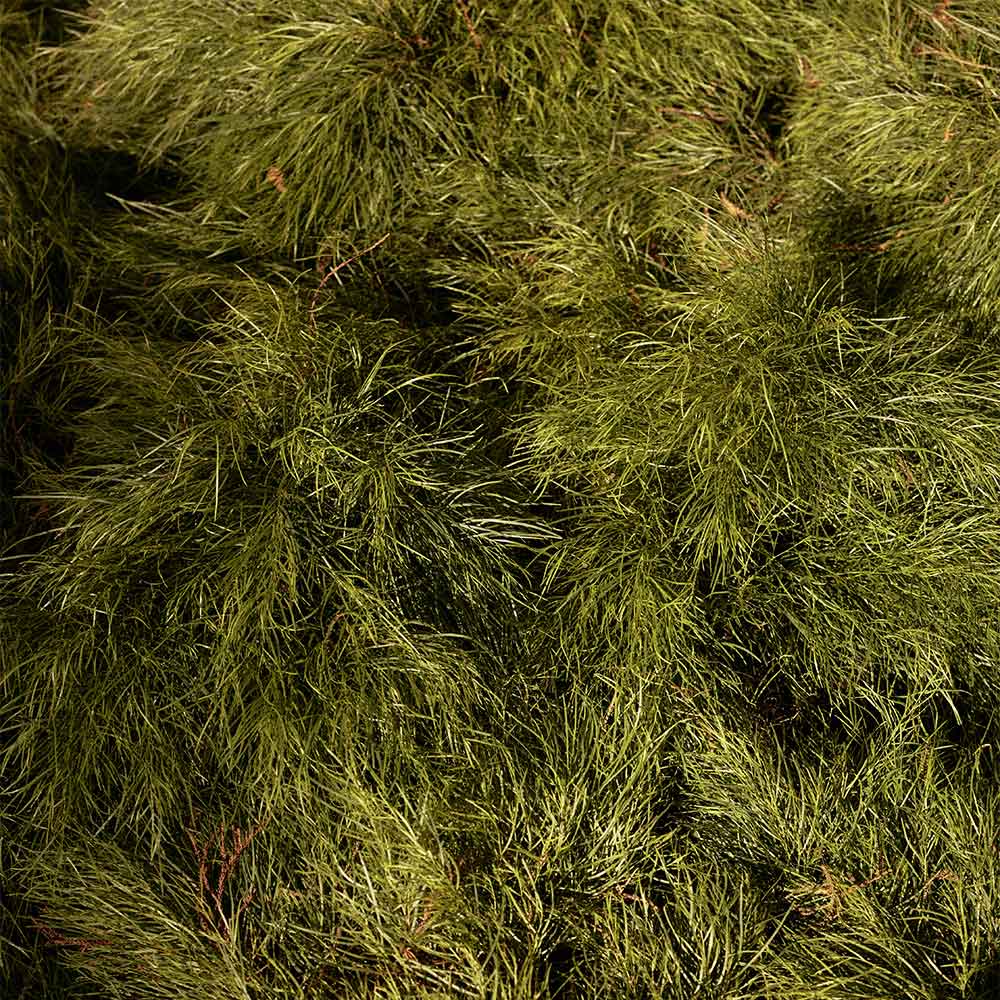
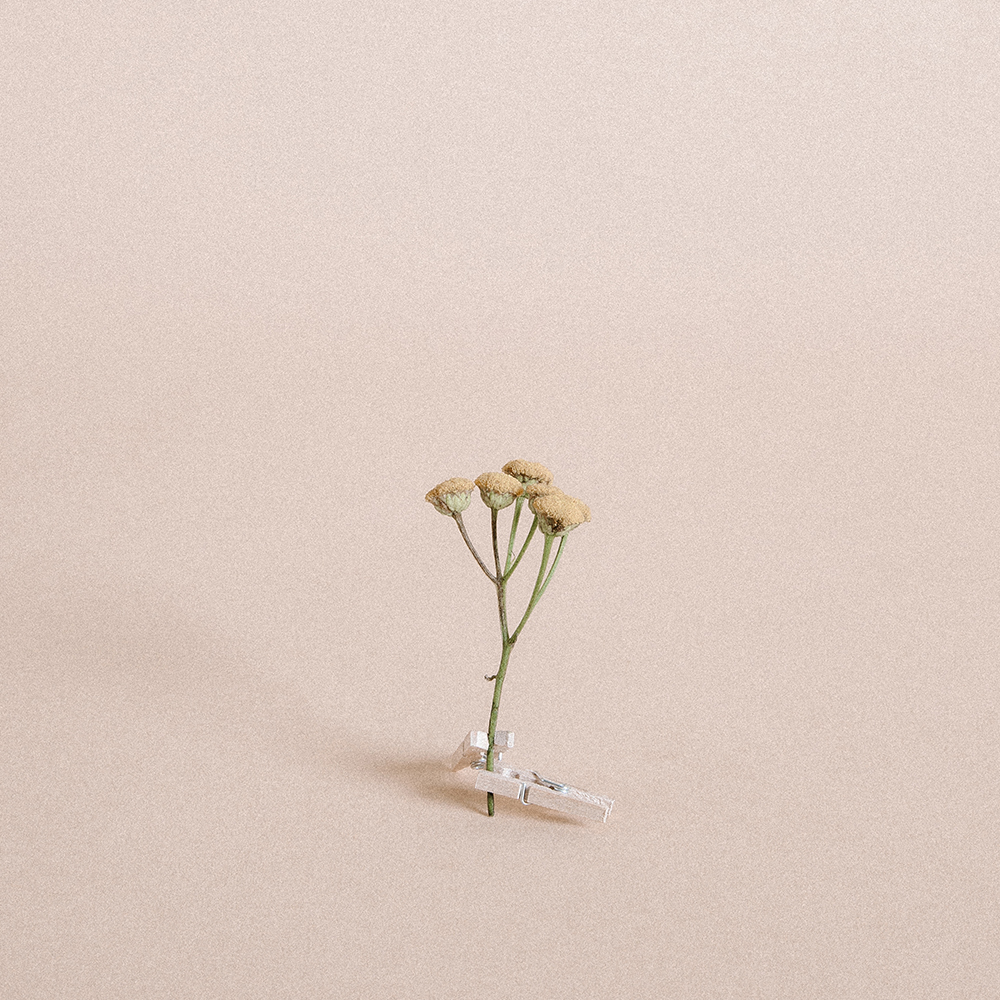
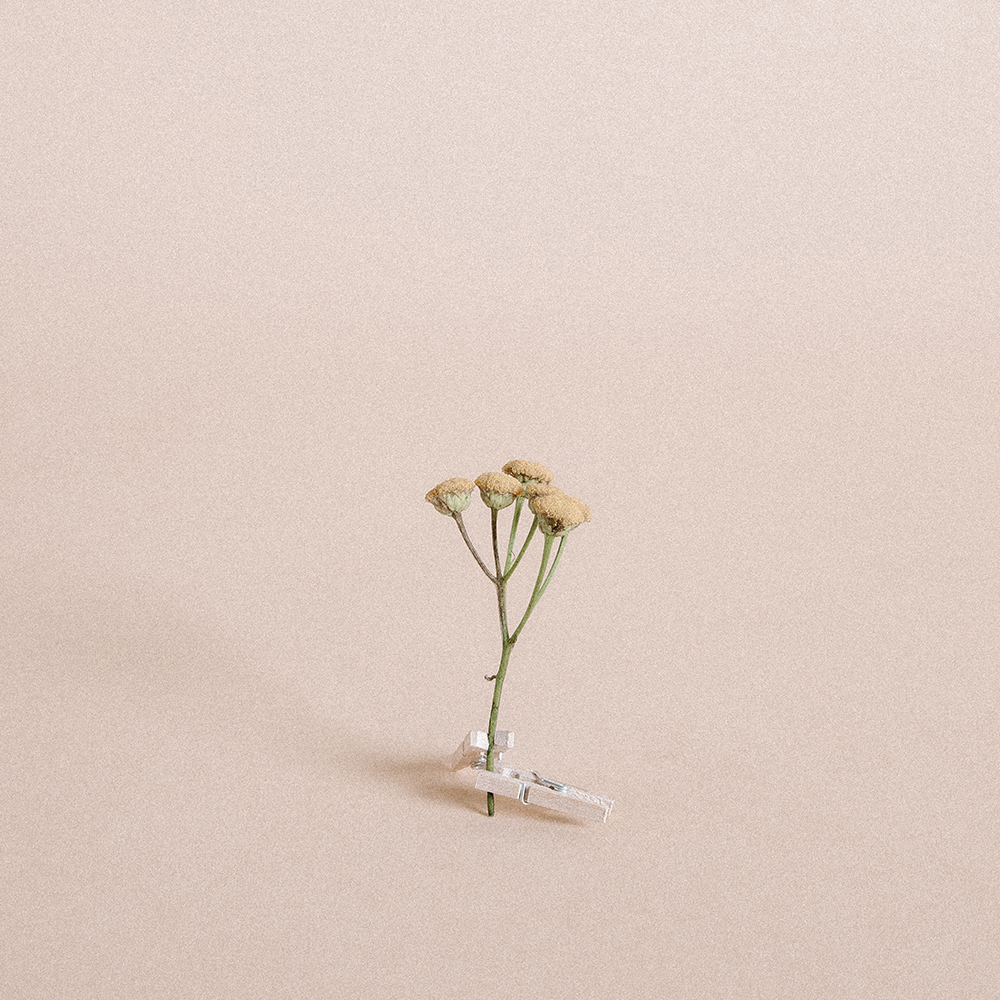









.png)

